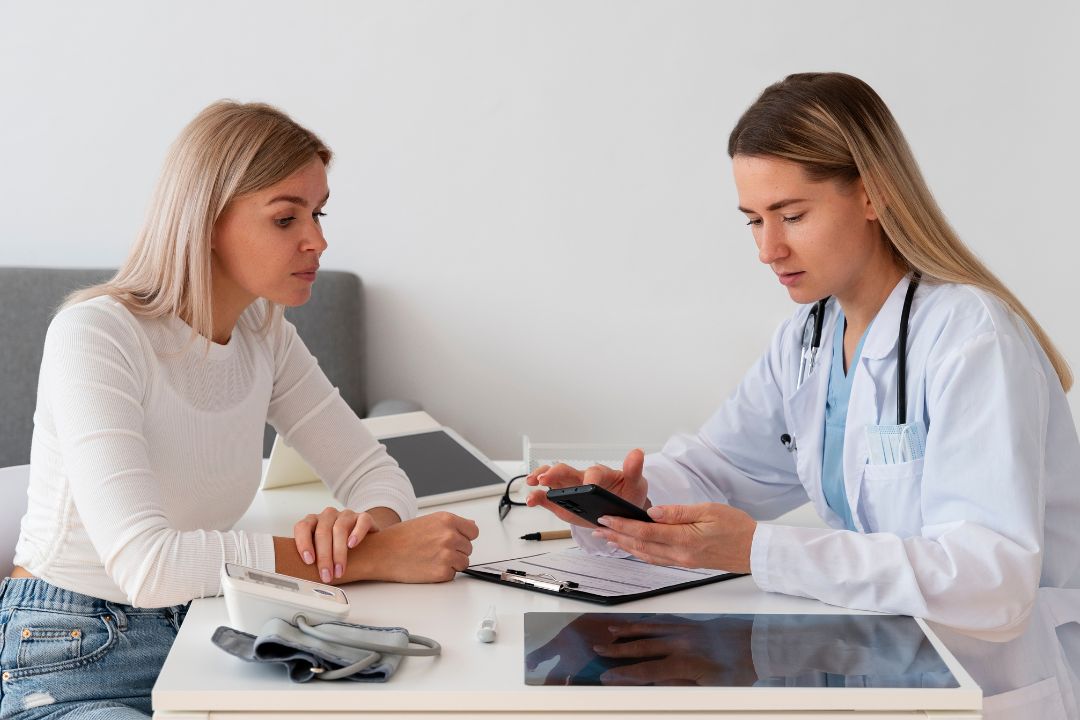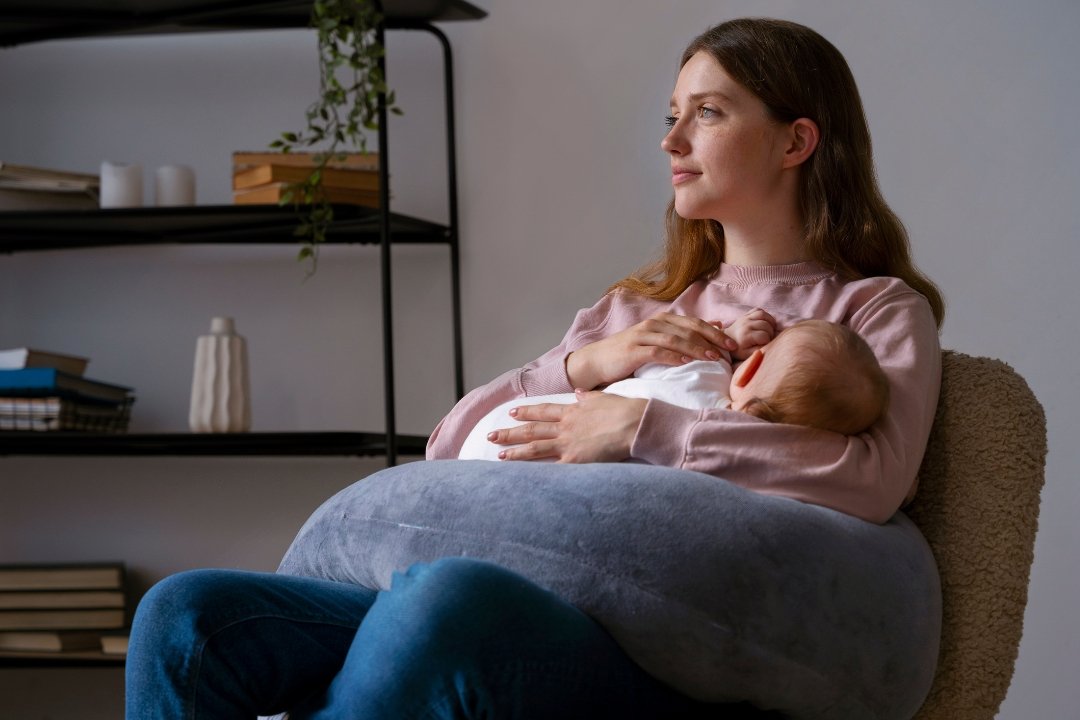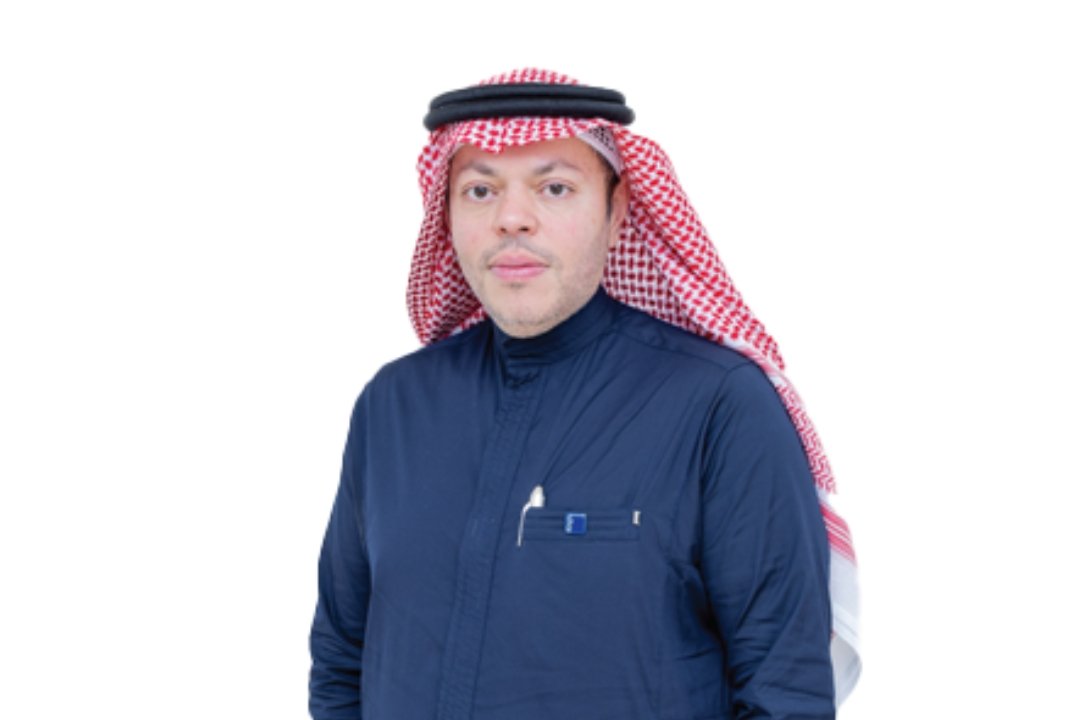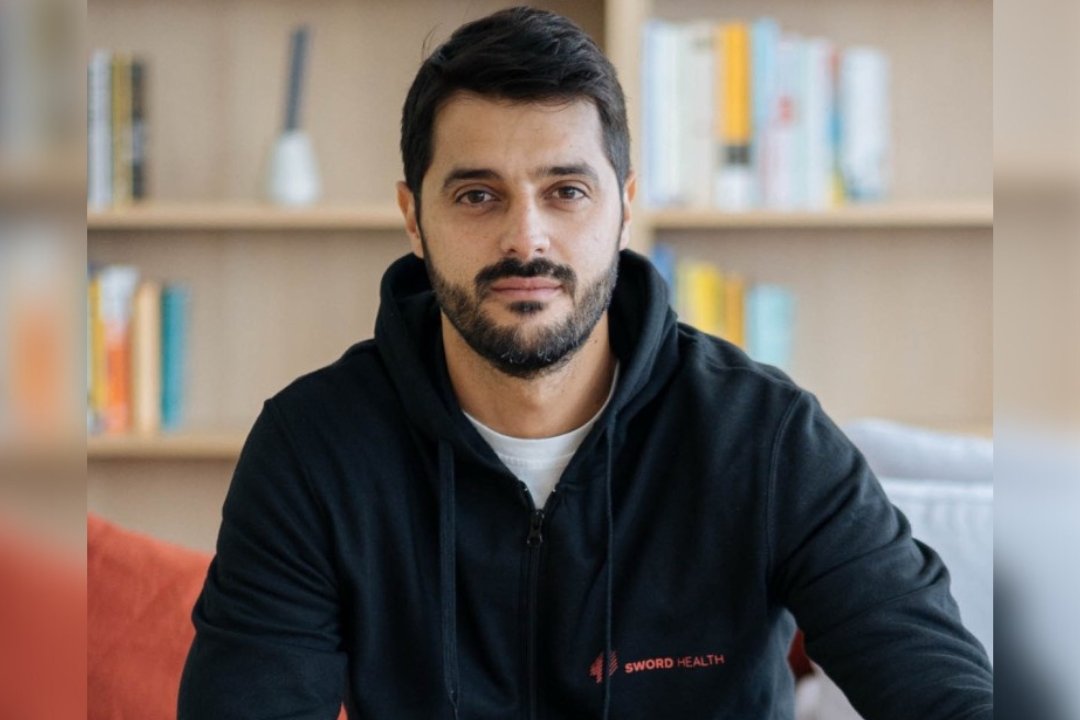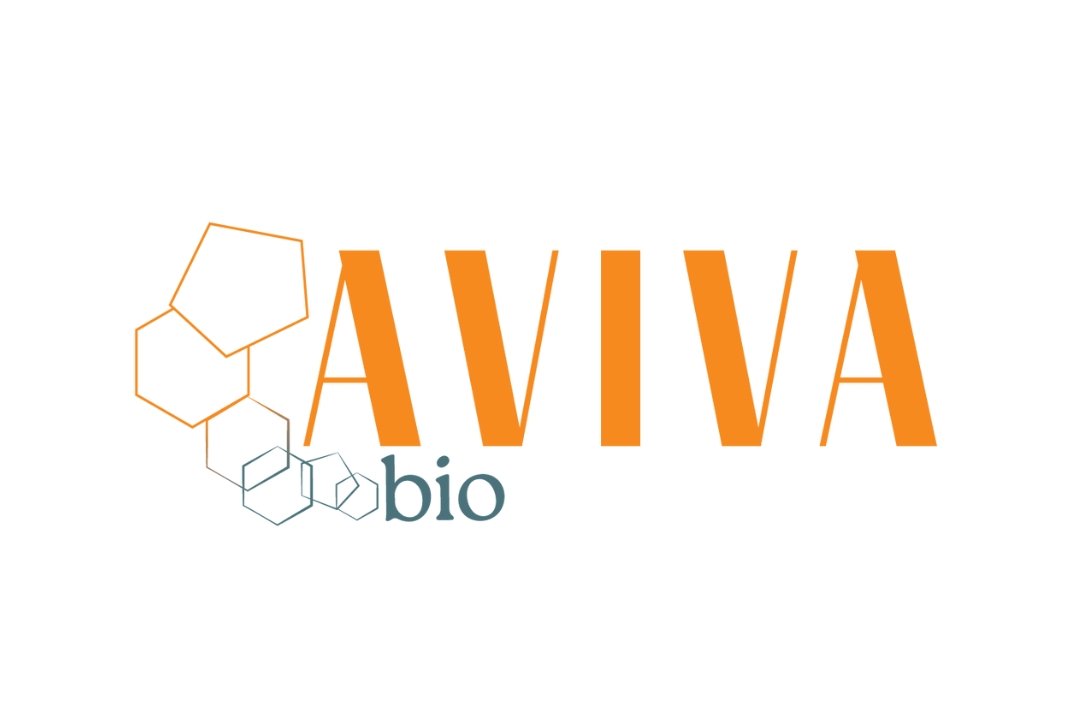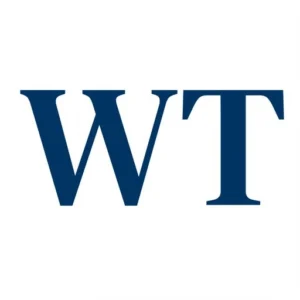
New research from a global medical equipment manufacturing company indicates that many life-threatening diseases are going undetected despite such a surge in healthcare and technology.
Hologic is a company that specializes in types of medical equipment used for breast & skeletal health, diagnostic solutions, and gynaecological surgical solutions.
Their recent study revealed that most of the women are not getting tested for deadly diseases. They continue to suffer from physical and emotional ailments and are struggling to afford food. The study was conducted in 143 countries and territories in 2022.
Most women who were a part of the study revealed that they hadn’t been tested for breast cancer, high blood pressure, or diabetes in the past 12 months.
Key points in the report
- High blood pressure testing increased slightly in 2022, rising by 3% to reach 36% compared to the previous year, leaving nearly 2 billion women untested.
- Only 11% of women underwent testing for any type of cancer in 2022, showing minimal change from the 12% reported in the preceding two years. The cancer testing rate for women aged 40-49, in the average-risk breast and colorectal cancers group, remains at just 11%.
- Diabetes testing rates remained stagnant, despite diabetes being one of the fastest-growing chronic diseases globally. Less than one in five women worldwide (19%) received diabetes testing in the past year.
- Approximately 70% of women express satisfaction with the availability of quality healthcare in their locality and believe that most pregnant women in their communities receive high-quality prenatal care.
- Nearly one billion women, or one in three surveyed in 2022, reported spending a significant portion of the previous day in physical pain. Additionally, one in four women, totaling nearly 700 million, suffer from health issues that limit their ability to carry out normal activities expected for their age.
Launching the Index, Hologic CEO Stephen MacMillan said that “getting the data out there will start getting the message out there”, adding that “what gets measured gets acted upon”.
Laura Gillespie, VP of Women’s Health Initiatives at Hologic, says: “These alarming and thought-provoking findings are only impactful if stakeholders around the world use them to get – and keep – women’s health on the global development agenda. We tell this story so that it can be rewritten. Women are the cornerstone of families, communities, economies, and societies. We cannot achieve the SDGs (Sustainable Development Goals) without a focus on women. By investing in improving their health and well-being, we’re moving the needle on many SDGs – and making a difference for women around the world.”

